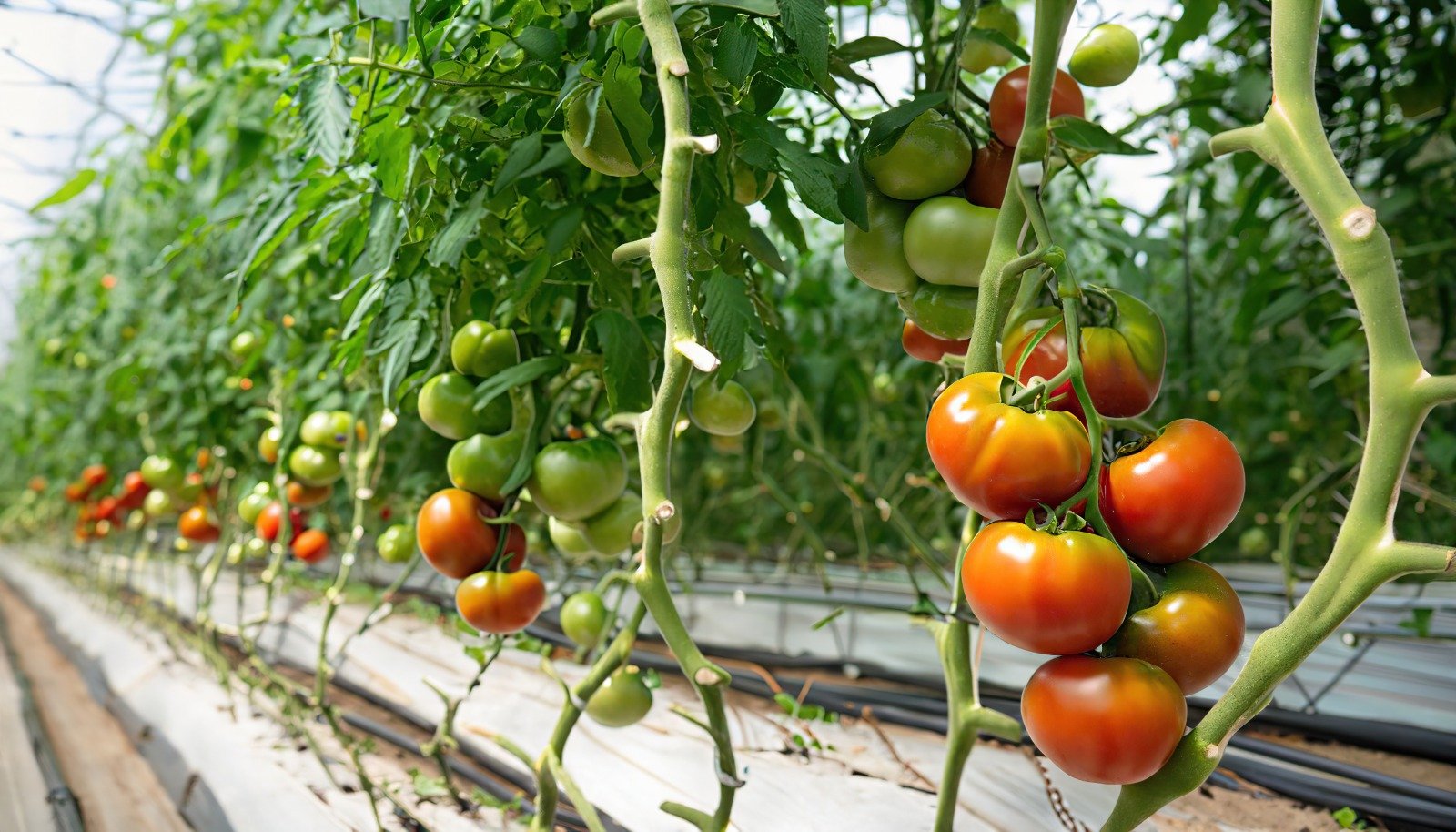Noticias del Gobierno de Canarias: Distintivo de calidad para el ‘Tomate Canario’

The Canary Islands Quality Agrofood Institute (ICCA) has received a request from the Provincial Federation of Associations of Horticultural Product Exporters in the province of Las Palmas (FEDEX), sponsored by the Cabildo of Gran Canaria, to initiate the process for the European quality label for the production of these islands
Other products from the archipelago, such as the Canary Island Banana or more recently, the Canary Island Avocado, already have this recognition that protects and distinguishes them in the markets
The Canary Islands Quality Agrofood Institute (ICCA), an autonomous body attached to the Ministry of Agriculture, Livestock, Fisheries, and Food Sovereignty of the Government of the Canary Islands, has received a request from the Provincial Federation of Associations of Horticultural Product Exporters in the province of Las Palmas (FEDEX) to process the application for the Protected Geographical Indication (PGI) ‘Canary Tomato’ with the aim of obtaining the same quality seal that the Canary Island Banana and more recently the Canary Island Avocado already have.
Through these European labels, it is guaranteed that the quality or reputation of the product is due to the geographical environment where it is produced, including natural and human factors attributable to the origin, establishing it as a differentiating mark from other productions of different origins. In this way, labels like the PGI contribute to boosting rural economy, especially in areas with natural limitations or other specific conditions, from mountainous areas to territories far from the continent, such as the Outermost Regions (RUP), where production costs are higher compared to other EU regions. In this sense, quality regimes can contribute and complement both rural development policies and support policies in marketing and income aid applied within the Common Agricultural Policy (CAP).
Regarding the processing of this label, the director of ICCA, Luis Arráez Guadalupe, stated, «at this moment we are working on managing this request in order for European regulations to support the differentiated quality of a product as representative of the Canary Islands as our tomato and protect it from unfair competition in the markets.»
The current request for the «Canary Tomato» to be registered in the European registry of Protected Geographical Indications represents the reactivation of an old aspiration of the Canary Islands’ production and export sector. It is worth mentioning that this initiative is not entirely new, as approximately ten years ago, both FEDEX and ACETO considered taking this crucial step for product differentiation. However, various sectoral, regulatory, logistical, and market uncertainties led to pausing that initial momentum.
Today, with the endorsement and support of the Cabildo of Gran Canaria, joined by the Ministry of Agriculture, Livestock, and Fisheries of the Cabildo of Tenerife and producers from Fuerteventura, the request returns to the forefront supported by a solid foundation of natural, traditional, geographical, demographic, historical, economic, social, and cultural factors, all linked to the rise and consolidation of an emblematic crop that has marked the agricultural and export development of the archipelago in the 20th century.
The increase in its production, historically destined for export, was made possible thanks to the synergy between the exceptional climatic conditions of the archipelago and the development of a maritime transport network that, since the last quarter of the 19th century, propelled its international commercialization and marked the development of the Canary Islands, opening the doors to tourism in the region. Precisely in 2025, the sector proudly celebrates 140 years of this export activity, a milestone that underscores the deep roots, resilience, and heritage, social, and cultural value of this emblematic product of the Canary Islands countryside.
Under this label, all productions of ‘Canary Tomato’ (Lycopersicum esculentum Mill.) of the varieties Round, Oblong, or elongated and Cherry Tomato, intended for consumption in a fresh state after conditioning and packaging complying with the current legal and regulatory framework, would be covered, provided they meet the identification and traceability requirements established in the specifications and quality controls carried out by ICCA.
The procedure to achieve registration in the European registry of PGIs consists of a first national phase in which a public information period is established, which, once elapsed, grants protection to the indication name for the duration of the processing phase in the EU institutions.
Subsequently, the process enters a second processing stage at the European level, which includes the application for registration in the European Union Register, carried out by the Member State. From then on, the European Commission has a maximum period of six months to examine the application, verify the documentation submitted, and, if necessary, request additional information.
Finally, when the Commission verifies that the conditions established by European legislation are met, it will publish the single document in the Official Journal of the European Union, as well as the reference to the publication of the specifications and its subsequent registration in the EU Geographical Indications Register, after a period of public information.
In addition to the Canary Island Avocado, recently distinguished with this label, the currently differentiated quality Canary Island products covered by a PGI are Gofio Canario, Ronmiel de Canarias, and Canary Island Banana, while the Protected Designation of Origin (PDO) labels established so far are Queso Palmero, Queso Majorero, Queso Flor de Guía / Queso de Media Flor de Guía / Queso de Guía, Papas Antiguas de Canarias, Miel de Tenerife, and Cochinilla de Canarias, as well as the PDO wines (La Palma, El Hierro, Gran Canaria, Valle de Güímar, La Gomera, Lanzarote, Valle de La Orotava, Tacoronte-Acentejo, Abona, Ycoden-Daute-Isora, and Islas Canarias).
Finally, in addition to the aforementioned PDOs and PGIs, there are other protection and recognition figures such as those related to organic production and the symbol of Products from Outermost Regions (RUP).






